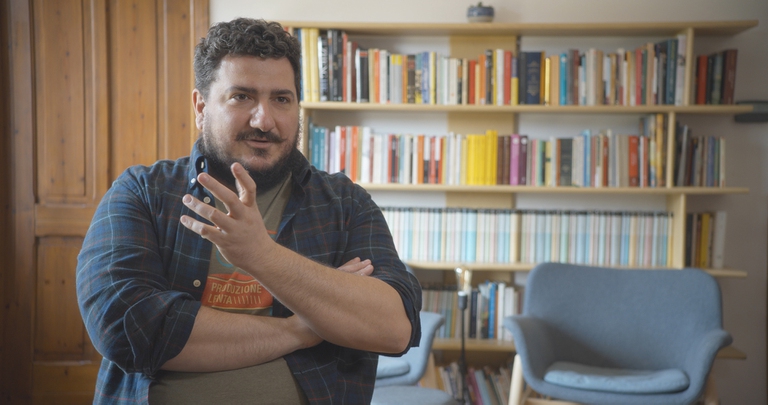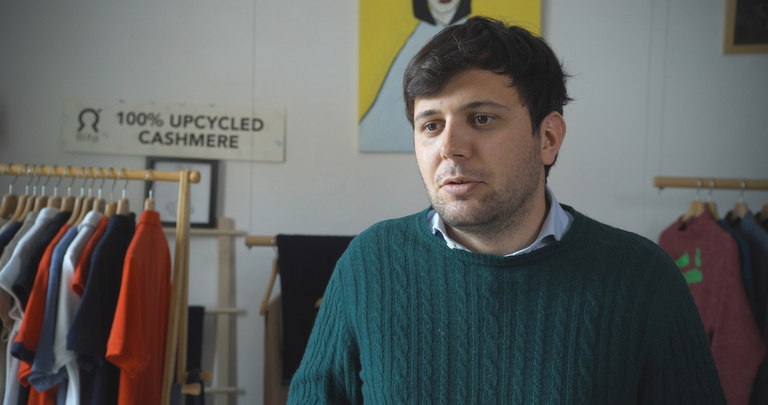https://www.lifegate.it/documentario-impatto-fast-fashion
- |
There is another possible fashion, in addition to the disposable one, with frenetic pace, in addition to the fast fashion to which we are all accustomed.And that's what you see in the documentary Stories of a possible fashion, made by Stefano Girardi and produced by Outstretched hands And Oikos institute, which explains not only the impacts of fast fashion, but through the voices of three virtuous production realities it also tells us that it is feasible to adopt a production model that is efficient and at the same time kind to the Planet.

The documentary Stories of a possible fashion
The clothing industry is one of the most impactful globally from an environmental and social point of view.Even more so since the dal era began fast fashion:prices drop, and so does the quality of the garments, collections double, demand soars, order volumes and production speed increase - at the expense of workers who most of the time find themselves in countries where the cost of labor is lower –, the life cycle of the products is reduced.It's a vicious circle which potentially would never end if it weren't for those realities they decide to adopt more sustainable production models from an environmental and social point of view.
Reality like Manigolde, Redo lab And Slow production, that is, the three companies protagonists of the documentary Stories of possible fashion – visible for free online on the Mani tese and Istituto Oikos Youtube channels -, in which Stefano Girardi wanted to show a different way of producing our clothes through the protagonists of those who make those clothes by adopting virtuous business models and practices.
The documentary, made as part of the project Change fashion!– From fast fashion to a transparent and sustainable textile supply chain, co-financed by the Italian Agency for Development Cooperation, aims to demonstrate how there are many Italian production realities bucking the trend compared to the dominant business logics.Companies that place theattention to quality, the environment and people at the center of its work.

Who are the protagonists of the documentary
The 60 percent of the clothes in circulation ends up in dump within one year from the moment it is made and for the production of one kilogram of fabric 17 of them are issued carbon dioxide.These are the consequences of disposable fashion, which Manigolde, Rifò lab and Slow Production try to oppose.In fact, they are the protagonists of the documentary.
Manigolde is a female social tailoring, launched in 2019 based on Mani tese Finale Emilia's twenty-year experience in the management of second-hand markets, and creates entire collections starting from surplus fabrics, industrial accessories and clothing items that are donated.
Redo lab, instead, espouses the philosophy ofcircular economy and produces high quality garments and accessories with regenerated and regenerable textile fibres, drawing from the artisanal knowledge of the Tuscan "cenciaioli".From Slow production, finally, the name tells us everything:it is a micro-enterprise in the province of Cuneo that bases its production on a 100 percent philosophy slow fashion, from which organic and sustainable clothing items come to life - "as well as beautiful!", as they are keen to point out - linked to the territory and nature.These are three examples, but like them there are many others, of how it is possible to create fashion without neglecting quality, the environment and people.
